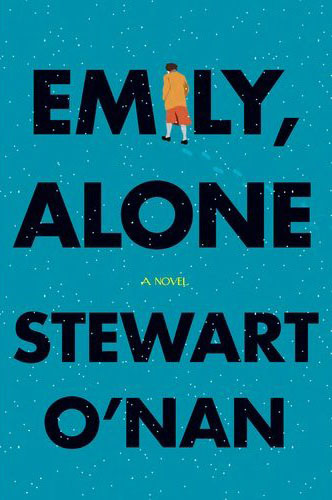I loved this book by Stewart O'Nan, and I find myself thinking about it alot and wondering just why I like it so much. I have read a few of his others, Wish You Were Here, and Last Night at the Lobster, but I think this is my favorite. It is about 80-year-old Emily Maxwell (first met her in Wish You Were Here), living alone in Pittsburgh in the same house in which she raised her family. Her husband Henry is gone, her best friend Louise has just died, her dog Rufus is getting old, and the last of the "old" neighbors has just moved away. Her grown children live out of state and while they care about her, they are busy with their own lives and problems and have little time for her. Emily dearly loves her grandchildren (especially granddaughter Ella who has just announced she is a lesbian) and frets about them. She makes lists and makes plans for their too-few visits, which when they happen, leave her oddly unsatisfied. This is a book about the small details of a narrowing life, and while sad, and spare, it is not depressing. There are so many little incidents throughout--a trip to a flower show in the winter, conversations with a neighbor, the pleasure in viewing a painting at a Van Gogh exhibit, a visit to her parents' graves--that feel so true. You want to cheer when Emily buys a new car, and when spring comes and she can finally get back to where she is happiest, on her knees in her garden. The book is told over the period of a year--beginning with Emily's disappointment when her family cannot come at Thanksgiving, the anticipation and tension of her daughter's family visit at Christmas, the snow and enforced isolation of winter in Pittsburgh, the joy of the first days of spring, and finally the summer vacation at Lake Chautauqua, where she and her husband Henry once owned a summer cottage (it was sold in Wish You Were Here) and where she now rents a house for one week every summer.
This is a quiet book about an aging woman's thoughts, and her solitude. It is about Emily, alone. She reflects often on the past, and while she has regrets, she is not sentimental or self-pitying. In the end, she has her dog, her music, her new Subaru, and her garden. A good enough life.

No comments:
Post a Comment